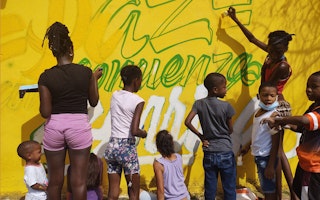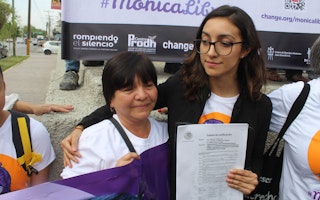Economic developments of the late 20th century have left the agricultural- and manufacturing-based rural regions of the United States struggling to maintain financial solvency. While much of the national discussion of poverty has focused on urban areas, poverty in many rural areas has been devastating as well. The last few decades have seen widespread impoverishment reach crisis levels in these communities.
Nonmetropolitan poverty remains higher than metro area poverty and only slightly lower than poverty in central cities. Although nonmetropolitan areas shared in the economic boom of the 1990s, income inequality has grown larger in these areas than in urban areas. This manifests itself in states such as Iowa and West Virginia, which witnessed overall drops in poverty, but still suffer from devastating poverty in certain rural communities.
In the 1980s, as a skyrocketing prison population created a demand for prison expansion, prison hosting emerged as a potential catalyst for economic growth. With an average of 35 jobs being created for every 100 inmates being housed, and state prison populations increasing by an annual average of 8.1 percent from 1985 to 1995, local officials began to consider prisons as an economic development tool. Since rural communities had witnessed a series of failed redevelopment plans, prisons appeared to offer a politically expedient way in which to address the persistent poverty and population out-migration that had plagued them for decades.
Read more
Homicide Reduction
Q&A: How One Colombian City Is Tackling Violent Crime

Palmira, Colombia, is one of the most violent cities in the world. But a prevention program focusing on youth has reduced crime significantly—and earned it an international peace prize. The city’s mayor on what’s working.
In Remembrance
Lani Guinier’s Overlooked Education Legacy

The late Lani Guinier thought deeply about the intersection between education and criminal justice. Her leadership at Open Society helped pave the way to colleges across the country offering higher education to the incarcerated.
WOMEN'S RIGHTS
Challenging Mexico’s Abusive Preventative Detention System

Mónica Esparza’s case is one of the most notorious cases of extreme gender violence carried out by Mexican authorities. What her story teaches about how to combat the country’s scourge of gender-based violence.
